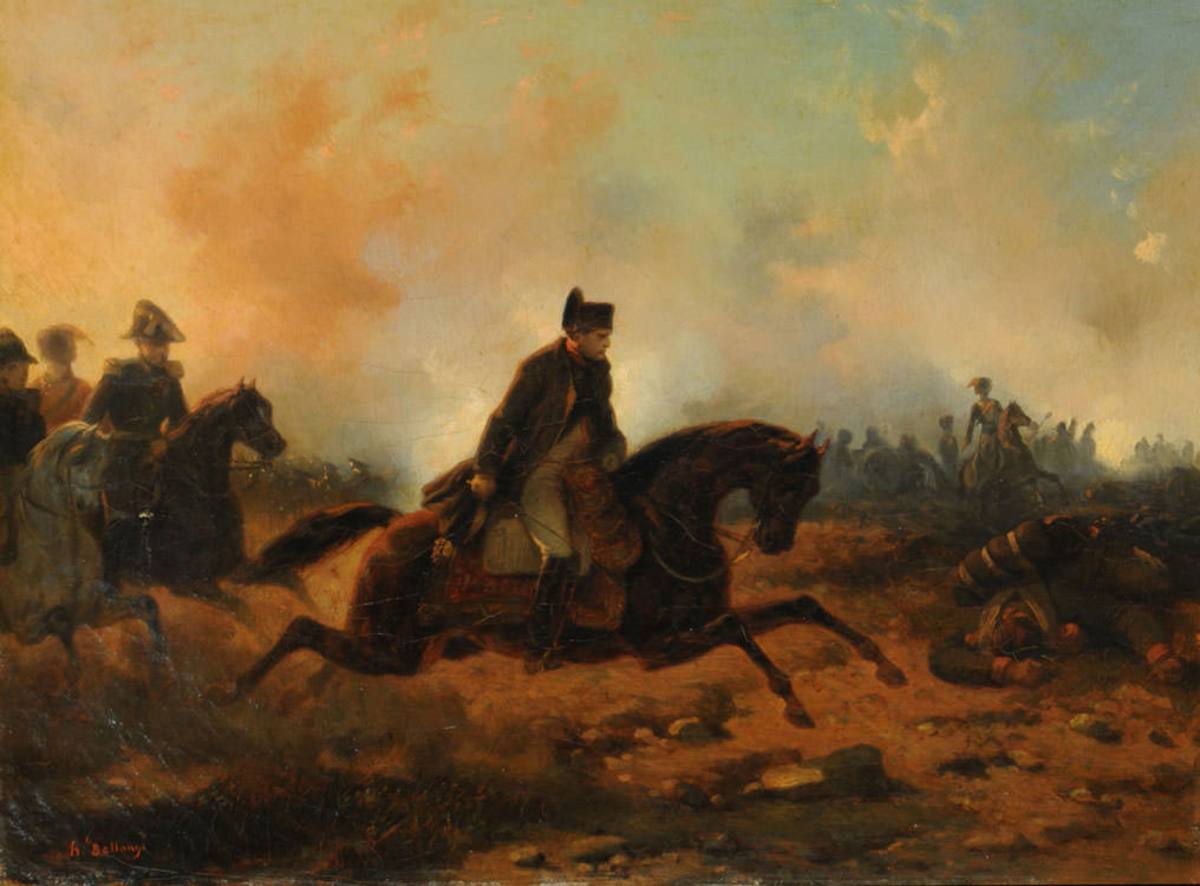
Covid could be a Waterloo for the leading bioethical theory
Has the pandemic exposed the weaknesses of principlism?
Napoleon gallops towards Waterloo
Covid-19 is providing a stress test for bioethical theories. And it seems that not all varieties will succeed. Writing from a utilitarian perspective, the co-editor of the journal Bioethics, Udo Schüklenk, and a bioethicist at Dublin City University, Jonathan Lewis, have delivered a stinging critique of the dominant paradigm in contemporary bioethics, principlism.
They examined a number of Covid-19 policy documents to see whether they provided useful guidance for doctors and policy makers. The answer, they believe, is No.:
On each occasion a number of well‐sounding principles, that most reasonable people would have great difficulty finding fault with, are added—as a kind of preface—to what would otherwise be highly controversial policy documents. These principles are typically in conflict (think autonomy and beneficence, or utility and equity). It is unclear how they relate to each other. And, in cases where two or more principles result in conflicting action guidance, we are no clearer about which of them ought to be prioritized. Most importantly, such principles do not, when specified to the degree that they tend to be in ethical guidelines, provide a clear‐cut and conclusive answer to the question of who, in the here and now, should be offered treatment or a vaccine when it is not possible to treat or vaccinate all those who could benefit.
As a result of the conceptual chaos, Covid-era bioethics is returning to the bad old days of “doctor knows best”.
In the absence of explicit criteria for weighing and balancing competing ethical demands, one ends up with a guidance document that is unable to provide any explicitly justifiable ethical guidance to begin with. The result is that health care providers and practitioners are left to make adjudications and trade‐offs on their own.
Michael Cook is editor of BioEdge
Creative commons
https://www.bioedge.org/images/2008images/Napoleon_Waterloo_Bellange_2.jpg
bioethics
principlism
